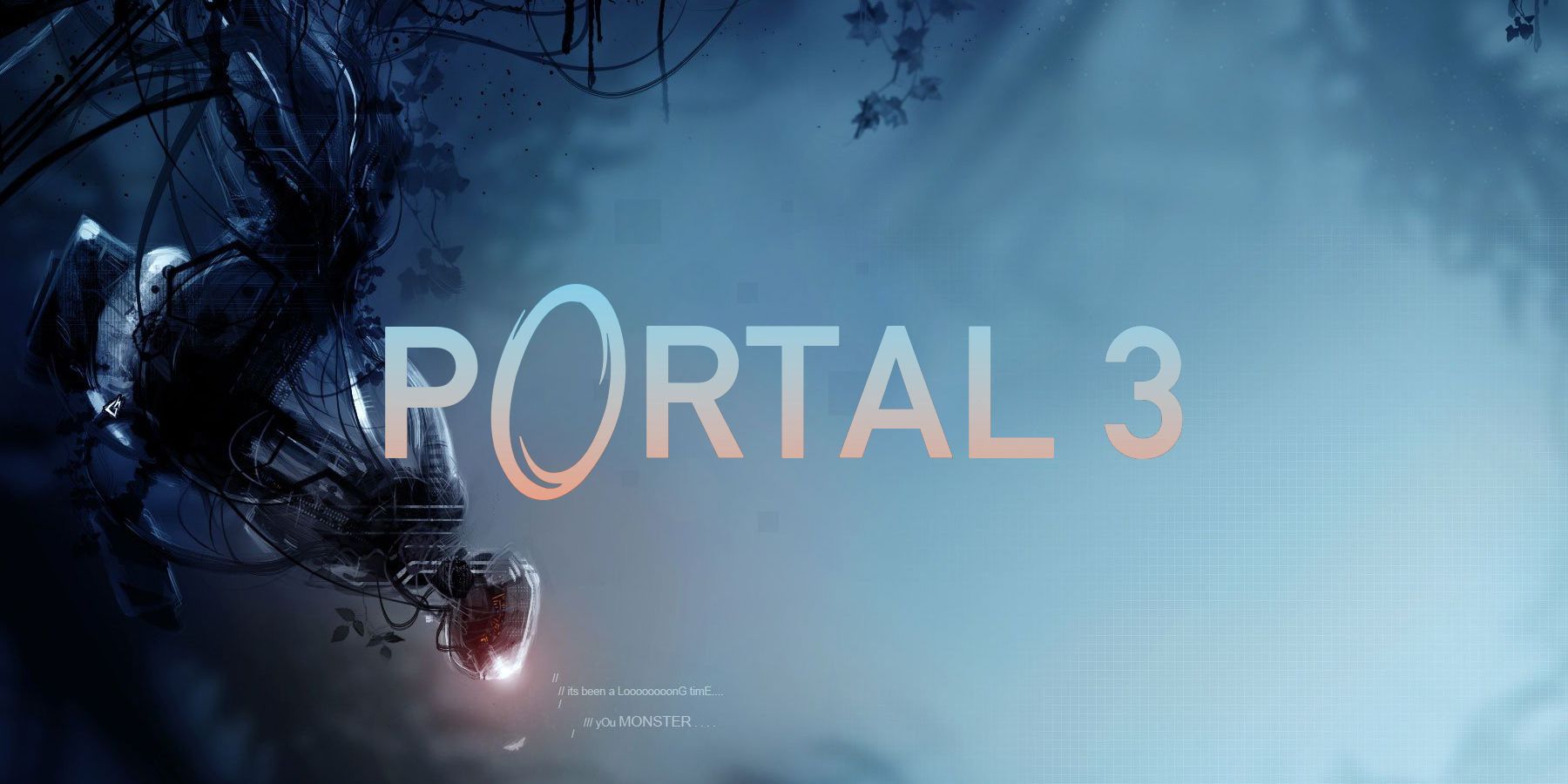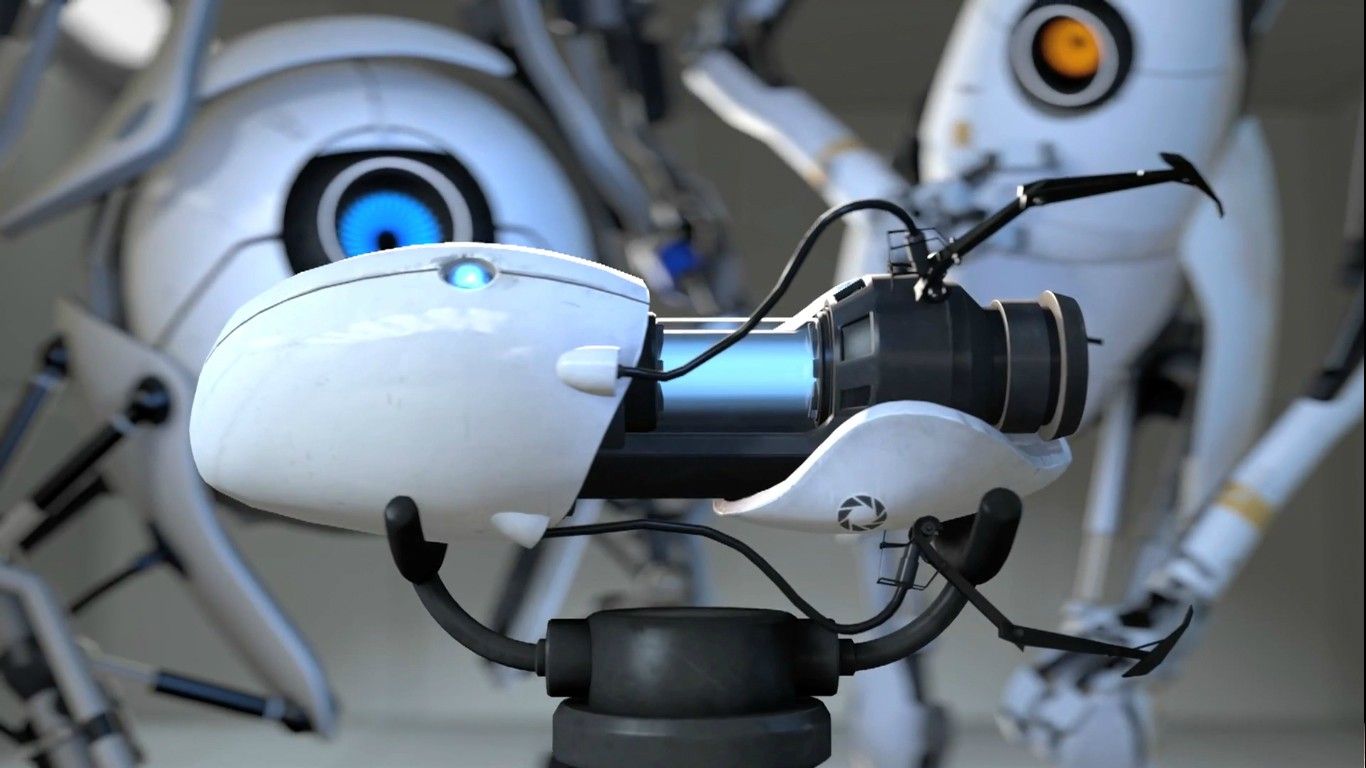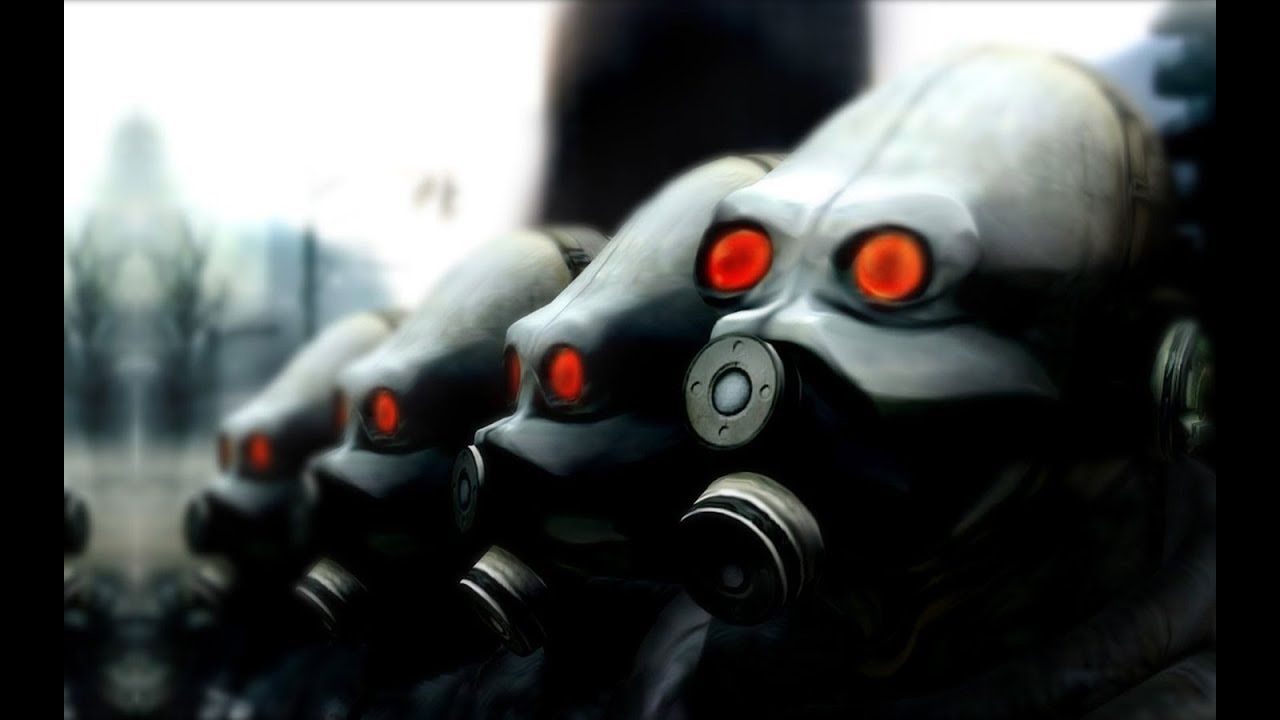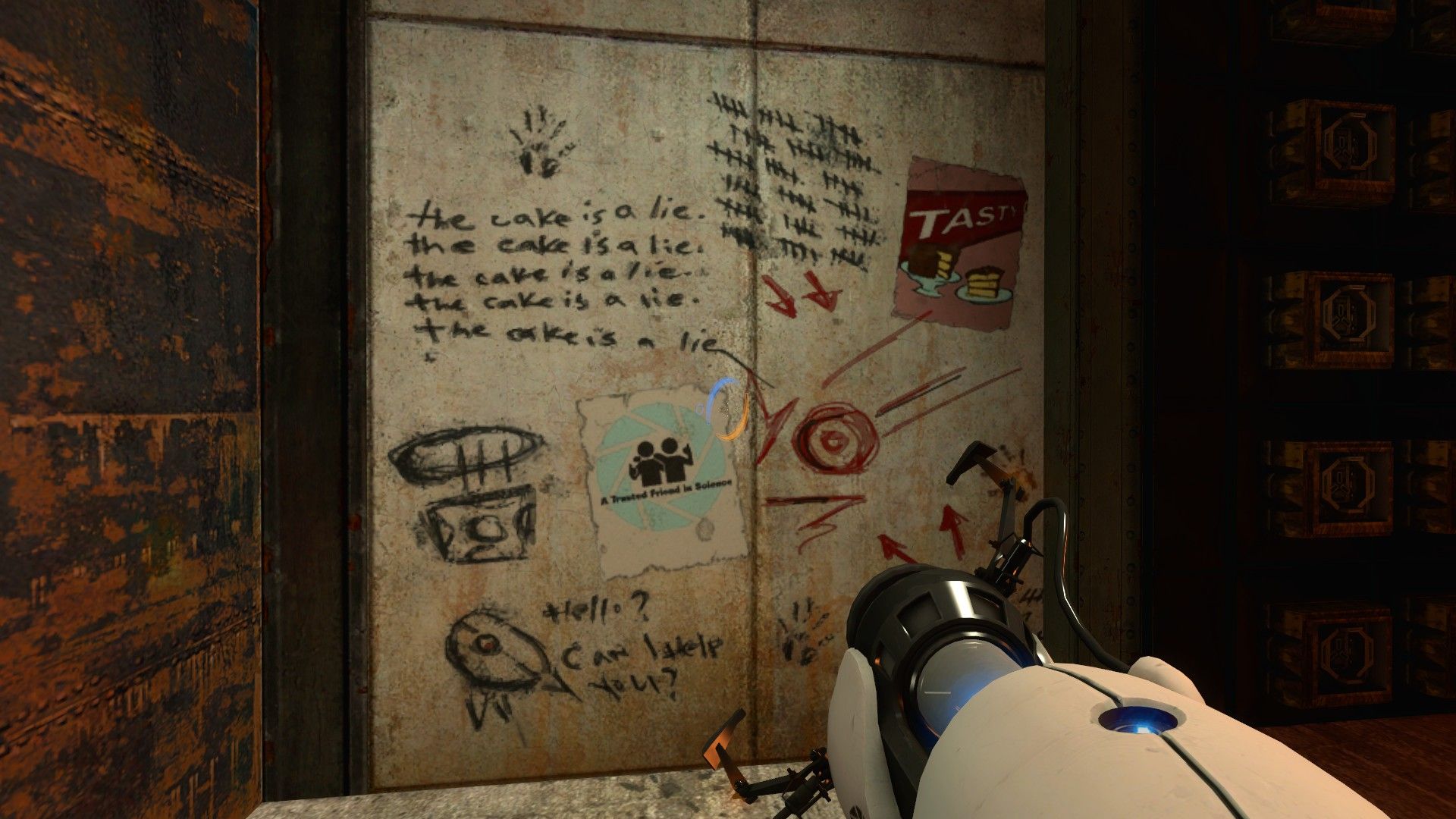The Portal franchise has done very well over the years to cement itself alongside the many other illustrious and genre-defining game series that Valve has produced and developed. The narratively chilling puzzle-platformer captured the hearts and minds of audiences across both of its mainline releases in 2007 and 2011 respectively, with fans predictably wanting more.
With the recent release of the well-received Aperture Desk Job for the Steam Deck, the discourse surrounding Portal has once again been reignited. With a pivotal co-writer of the main Portal story recently showing public desire for the release of another mainline Portal game, the avenues for exploration that a potential Portal 3 story would have at its disposal are numerous.
Portal Up Until This Point
The original Portal was a form of spiritual successor to a 2005 portal-based title named Narbacular Drop. When Valve hired the team for Narbarcular Drop to produce a similar title with the benefit of the coveted Source Engine, the framework for the first Portal title was born.
Portal sees players control a silent female protagonist named Chell, who is forced to navigate a series of puzzles within increasingly elaborate and dangerous test chambers with the use of a highly advanced portal gun. The game ultimately received heaps of praise due to its highly unique and mentally stimulating gameplay, combined with a deceivingly in-depth story. The first Portal introduced GLaDOS, a maniacal computer-based antagonist that develops increasingly lethal puzzles within the Aperture Science facilities that the player is forced to solve.
The longer and more narrative driven Portal 2, which released in 2011 thanks to the intense success of its predecessor, expanded upon the story of Portal quite significantly. Portal 2 gave more credence to the rivalry between Aperture Science and Half-Life's Black Mesa, with both franchises taking place within the same shared universe. The game also sees a resolution between Chell and GLaDOS, as well as introducing the enigmatic founder and CEO of Aperture Science, Cave Johnson. Portal 2 ends with GLaDOS finally freeing Chell from the facility, and instead conducting her research on the robotic duo P-body and Atlas, who featured in Portal 2's acclaimed co-op mode.
With many of Valve's franchises currently remaining in a much more narratively unfinished state than Portal, it is understandable why fans may think that plot discussion of a new Portal title may be relatively pointless. However, Portal co-writer Erik Wolpaw recently urged Valve to give the green light for a Portal 3, meaning that narrative expansion is still clearly within the realm of possibility. Combined with the contemporary success of the aforementioned Aperture Desk Job, Portal 3 is at least worth the discussion within the current climate.
Attack of the Combine
One of the most glaring differences between the Portal and Half-Life franchises, despite sharing a universe, is the lack of Combine or alien presence within the former. As fans of Half-Life will be aware, the world within the narrative is one that has been taken over by an immense inter-dimensional empire named the Combine. The combine were accidentally introduced to Earth via testing at Black Mesa, the primary setting of the first Half-Life and the rival research facility of Portal's Aperture Science.
This absence of the Combine threat within Portal 2 is partially explained with the unspecified amount of time that Chell remained in stasis leading up to the events of the game, with it not even being certain that the Combine still exist at that time. However, this unspecified and ambiguous gulf in time between the first and second titles fosters a perfect setting for a potential sequel, as it could take place between the events of Portal 1 and Portal 2.
The sequel could explore the ways in which GLaDOS possibly defended the facility from the considerable threat of the Combine, in a variety of conventional and unconventional ways. The game could see the player take control of a Combine soldier tasked with infiltrating the dormant and ominous facility, only to be plunged into a familiar set of test chambers that the franchise has become synonymous with. The game could even involve simply hiding the presence of Aperture Science from the Combine, with it often being theorized that the facility has the capability to cloak itself, explaining the lack of Combine involvement within the first Portal.
Rattman Protagonist
The intense isolation and loneliness that the first Portal fosters has seen the most arbitrary of things within the game become fan-favorite aspects. These things are often elements of the game which help alleviate the sense of emptiness that the ominous facility instills, with the now infamous companion cube becoming a staple of the Portal franchise.
Another of these factors that aided the game's story was the presence of scrawled notes across the backrooms of Aperture Science by a man referred to as Rattman. The only evidence of other human beings in the game, Rattman's scrawlings gave fans such iconic phrases as "the cake is a lie," which went on to become a pop culture phenomenon. Rattman is actually an employee of Aperture Science named Doug Rattman, and was one of the few survivors of GLaDOS' flooding of the facility with neurotoxin.
It is implied that Rattman watched over Chell, at least partially, while she remained in stasis between the events of the two mainline games, meaning Rattman is another prime candidate for the protagonist of a potential Portal sequel set during this time period. In this way, it could be revealed how he managed to help Chell, or even learned to survive within the unforgiving halls of the Enrichment Center. Being one of the few established living humans within Portal, Rattman in a protagonist role would surely go down well with long-term fans of the franchise.




